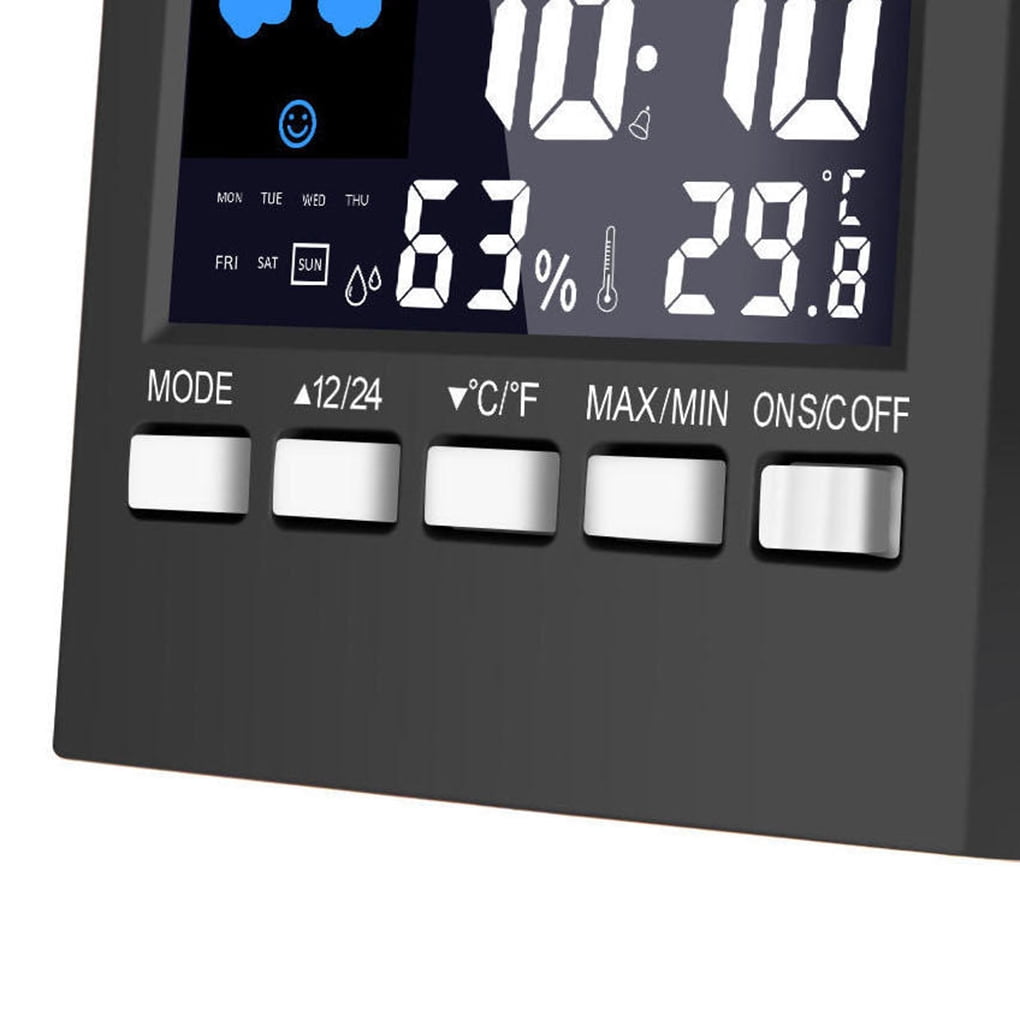

"We're on track, we're on budget, we've got everything we need to take it to the market," CEO Barel said while demonstrating a test vehicle near Detroit, adding that REE has enough cash to last beyond the end of 2023.ĮLMS filed for bankruptcy liquidation in June, citing insufficient funding, while Lordstown had to sell assets to Taiwanese contract manufacturer Foxconn (2317.TW). The company had $239 million in cash at the end of March and expects to invest up to $120 million in 2022 to scale up for production in 2023. REE's shares are almost 90% below their July 2021 debut. "We want to keep true to what we're about and let others bring their expertise in for the rest," said vice president for engineering Peter Dow at REE's engineering centre in Nuneaton, England. Companies like EAVX and Morgan Olson, units of commercial vehicle body maker JB Poindexter & Co, will provide standardized bodies for REE's U.S. To get to market faster, REE has tapped legacy suppliers like American Axle for electric motors and Italy's Brembo (BRBI.MI) for brakes. REE's chassis use "corners" or standalone in-wheel electric motors, with brakes and steering housed in all or some of the wheels of an EV that do not need axles or powertrains, freeing up more space inside a van. "Only then can they make a real decision to buy."

"It's vitally important at this stage to get vehicles into customers' hands," said Daniel Barel, chief executive of Israeli electric chassis maker REE Automotive, which has run vehicle tests with customers near Detroit and will unveil a UK prototype van this week. This has raised the pressure to produce working vehicles fast if they want to raise fresh funds in an industry where launching a single vehicle can cost $1 billion. These include Arrival Inc, Canoo Inc (GOEV.O), Lordstown Motors Corp (RIDE.O), Electric Last Mile Solutions Inc (ELMS) and REE Automotive Holding Inc (REE.O).īut investors have soured on EV startups and their ability to compete with legacy carmakers, sending their shares to a fraction of their peak prices. NUNEATON, England, Aug 9 (Reuters) - A handful of commercial electric vehicle (EV) startups are burning through cash fast, racing to bring vans or trucks to market before the funds run out or customers choose to buy from legacy automakers like Ford Motor Co or General Motors Co (GM.N).īoosted by investor hunger to create the next Tesla Inc (TSLA.O), a clutch of commercial EV makers on both sides of the Atlantic have gone public via reverse mergers with special-purpose acquisition companies (SPACs), raising hundreds of millions of dollars as they sought to emulate Elon Musk's success.


 0 kommentar(er)
0 kommentar(er)
